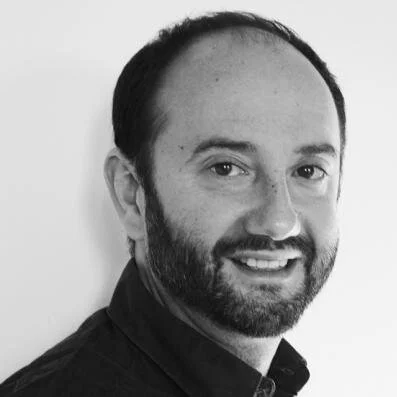Environmental Justice & Politics: PRIYAMVADA GOPAL & FRANÇOISE VERGÈS discuss Elections in UK & France
/on the Recent Elections in Britain and France
I would say what we can celebrate is the incredible mobilization of the young people. They went everywhere, they knocked on the door, they mobilized. This was an incredible, incredible mobilization. So that was extraordinary because it showed real mobilization and an understanding that the National Rally was a real threat. We knew that if they came to power, the first people who would be targeted would be people of color, and that was absolutely clear.













